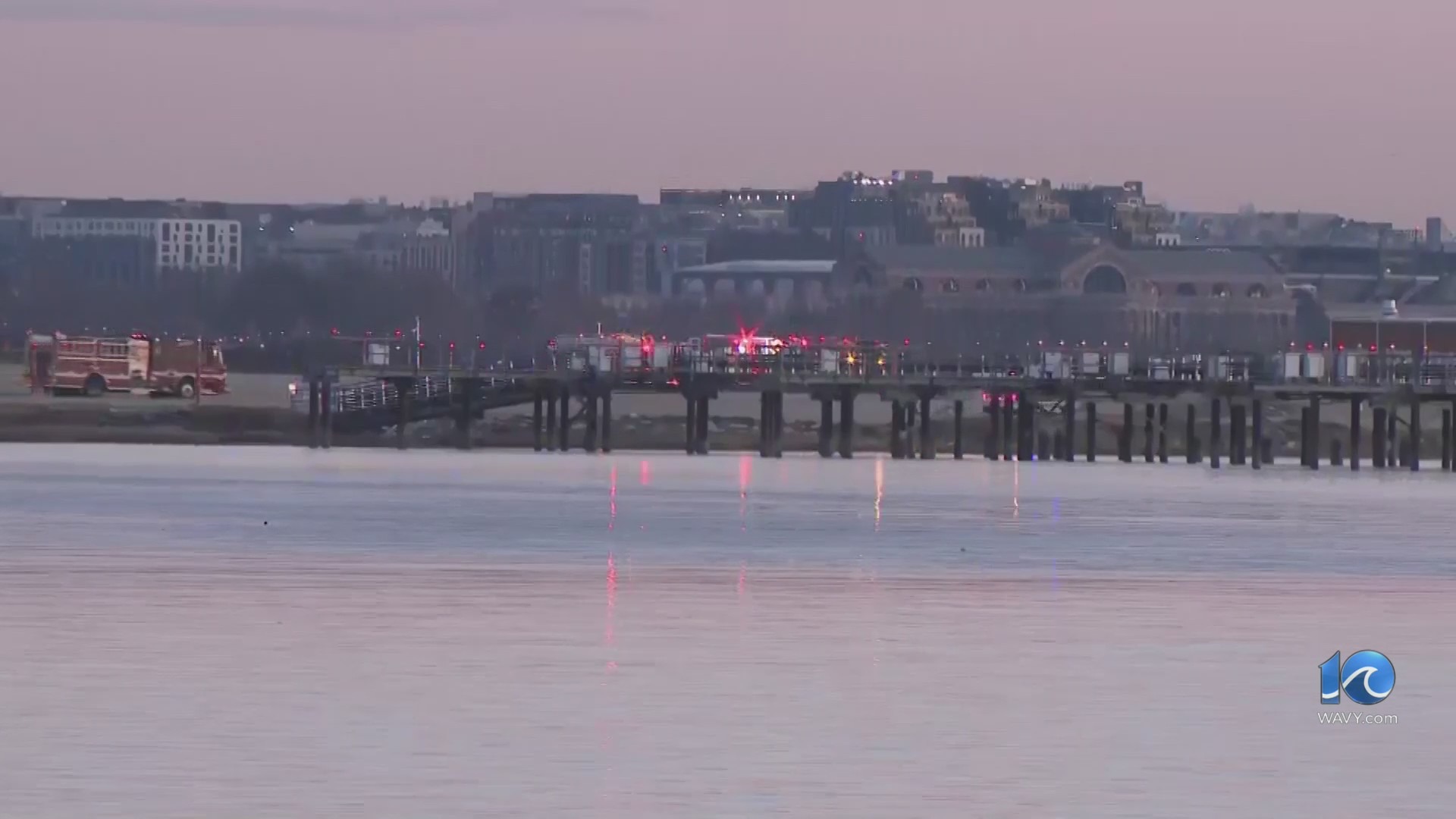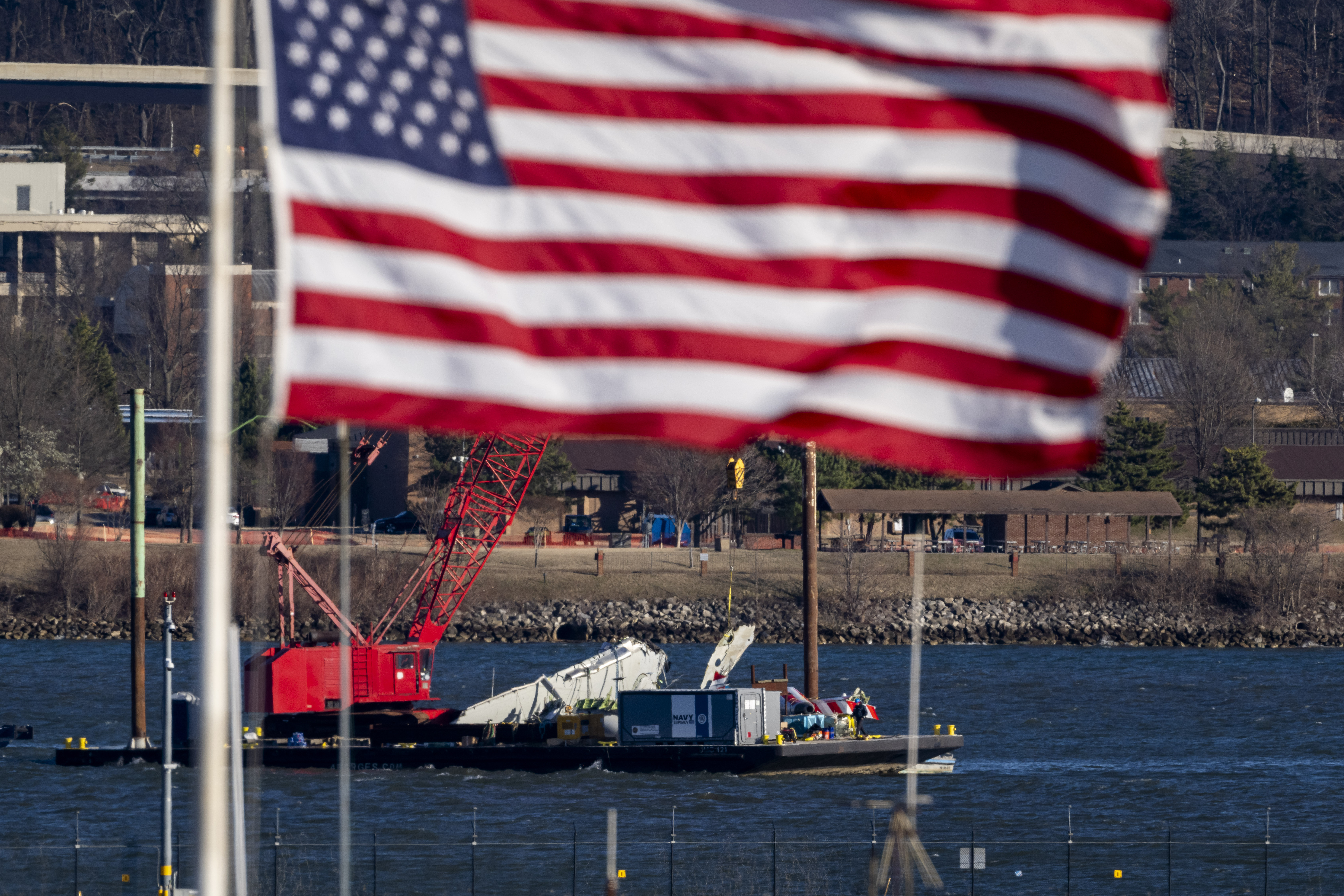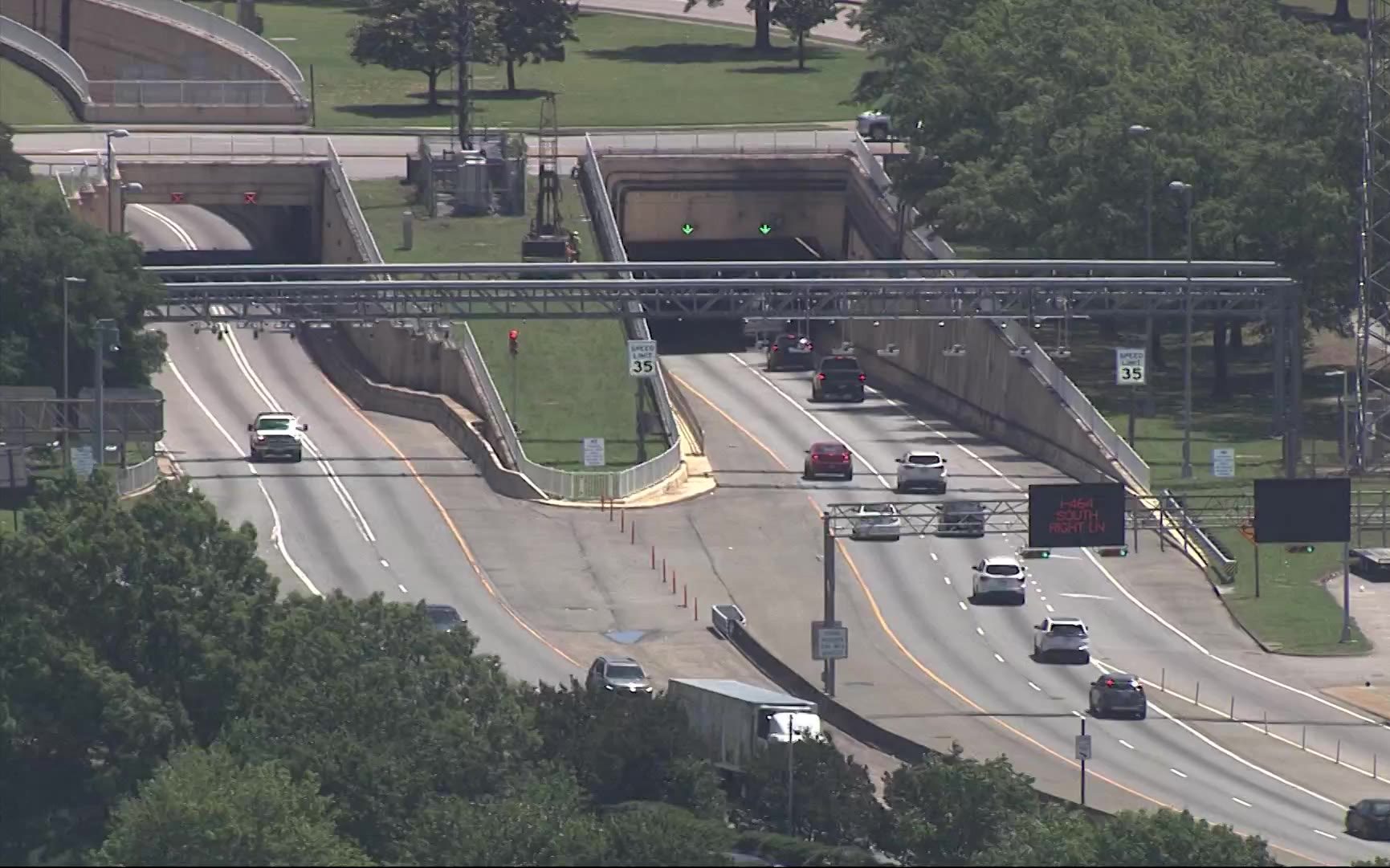HAMPTON, Va. (WAVY) – The United States Coast Guard and the Port of Virginia Maritime Incident Response Team are hosting their 19th annual Todd Dooley Search and Rescue Forum, with more than 200 first responders from 40 different agencies from across the Commonwealth and beyond coming to Hampton to improve and learn from one another.
On the James River, dozens of boats floated, taking a look at the skies, where the USCG was showing multiple search and rescue demonstrations.
“They deployed their rescue swimmer to conduct a rescue from the water. They also deployed the rescue basket, which is another mechanism that we can use alongside the response boat from station Portsmouth,” said Coast Guard Cmdr. Holly Deal, head of the Sector Virginia Response Department.
These demonstrations are just part of the yearly forum, in which first responders learn from one another about the lifesaving process of search and rescue operations.
“We’d like to offer these best practices where these folks could take it back to their ports and start there,” said Bill Burket, the Maritime Incident Response Team director.
And new this year, agencies from out of state are taking part, including ones from Rhode Island, South Carolina and Florida.
“When we get together through forums such as this to train, conduct exercises and strengthen our partnerships, we’re ensuring we’re going to have the most effective mission response to any incident in the maritime environment,” Deal said.
And as boat season approaches, anyone who protects our waterways is getting ready to protect you too.
“When we are looking for a person in the water, we sometimes make the analogy that it’s like looking for a coconut on the surface of the water,” Deal said. “And that’s a very difficult search object to find.”
Friday is the last day of the SAR Forum, and all the first responders will conduct a mass rescue exercise. Burket said the event will be an aviation exercise that is similar to what happened with the Miracle on the Hudson.
“We have live victims where the crews will have to respond, do a triage assessment to care for those victims, and then transport them from one area to another,” Burket said. “But as the plane was approaching, it struck a fuel barge. It ignited the fuel barge. So now they have to put that fire out and also deploy boom in order to protect the environment.”
He said having training like this is important because it is not always a search and rescue, but what he calls an “all-hazard perspective.”
“This truly is the foundation of the way that we do response from an all-hazards perspective, whether it’s search and rescue, whether it’s fire, whether it’s hazmat, whether it’s a security event, or whatever it may be,” Burket said.







